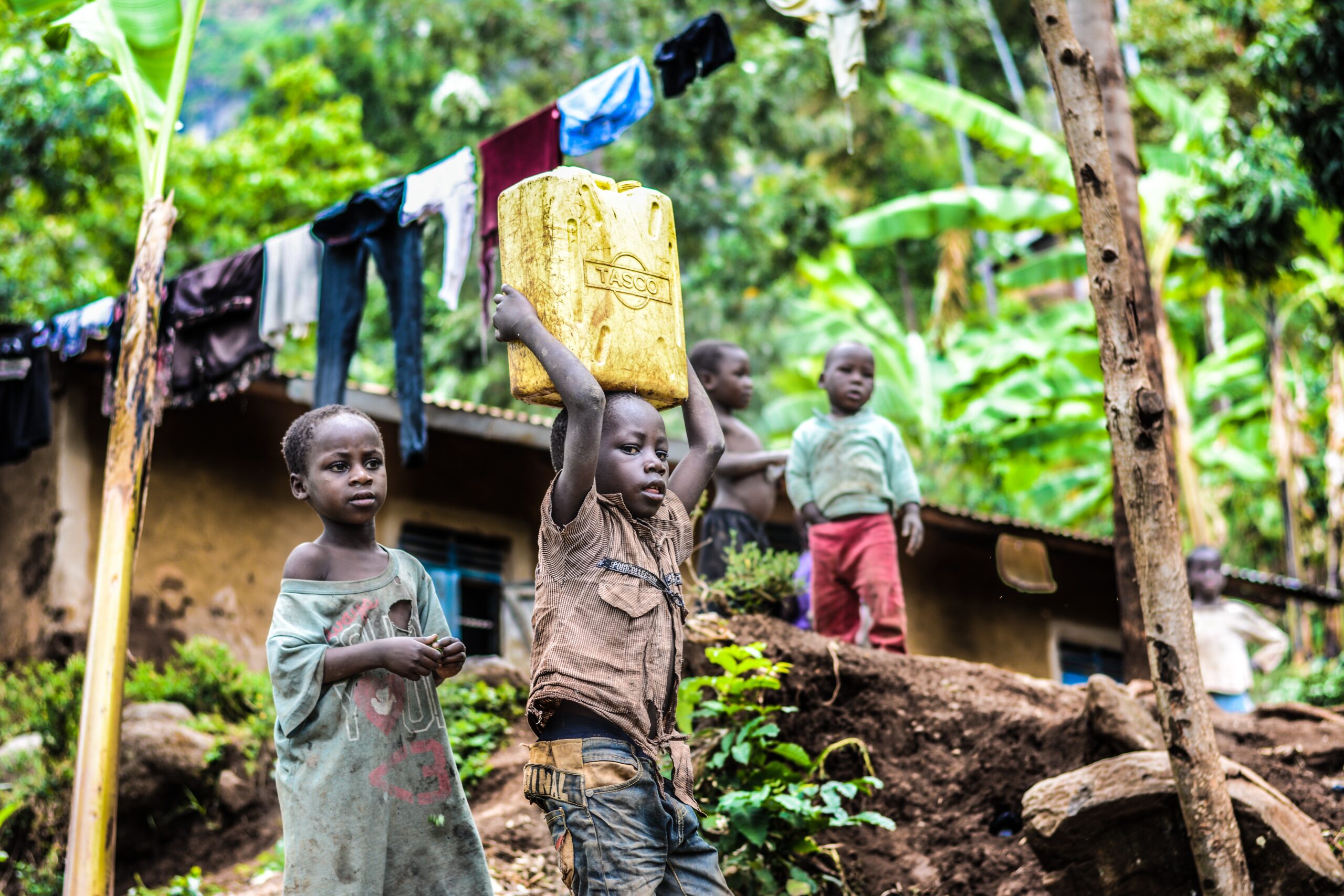Child Labour In Nigeria


Child labour is so prevalent in Nigeria it has become a part of the norm. It is not uncommon to see children aged as young as five years old on the streets struggling to fend for their families. Little girls and boys are sent off to live with well-off families/relatives in exchange for an education, and sometimes that never happens. They are either overworked and treated poorly with no chance to attend a school or sent to underfunded schools without quality teachers. They also have little time to study because more importance is placed on their ability to work and make a profit for their families. Because the poverty rate is high and many people are trying to survive somehow, no one questions the act of putting a minor to work and tasking them with the duty of supplementing their family’s income.
While children with well-off parents enjoy the privileges of being a child, which includes; security, good education, suitable housing and a stable life; their underprivileged counterparts are made to grow up quickly, not experiencing the joys of being a child and having someone cater to your basic needs, they shoulder that responsibility instead and are exposed to things children shouldn’t have to deal with like; sexual exploitation, abuse, and illicit activities. They are not considered children by the people who employ them, so they are overworked to the point of exhaustion. They are also easily recruited by extremist groups into becoming child soldiers brainwashed into fighting for their cause.
According to the International Labour Organization (ILO), the number of children labourers in Nigeria is estimated to be 15 million at a rate of 43% of the total population of minors, and it is the highest recorded rate of child labour in Western Africa. With many Nigerians living below the poverty line and steadily rising poverty rates, many families expect their children to go out and work to support the family. Because school is not a priority, instead survival is, most children drop out or never attend school, thereby contributing to the country’s illiteracy rates.
To combat the problem of child labour and ensure children are not robbed of their childhood would be a challenging task because, in some cultures, it is encouraged and viewed as entrepreneurship or a necessity hence why little is done to stop it and why people who try to eradicate it are met with resistance. Stricter laws should be put in place; they should also be enforced. It is not enough to make these laws if they are not taken seriously.
The problem of poverty is an essential factor that needs to be tackled because that is why child labour thrives, and simply taking children off the streets or putting an end to child labour without providing means for the families to cater to them would only make the situation worse. There should be sensitization projects on the destructive effects of child labour. Companies/individuals that consciously hire children should be held accountable. Every child deserves a normal care free childhood.
